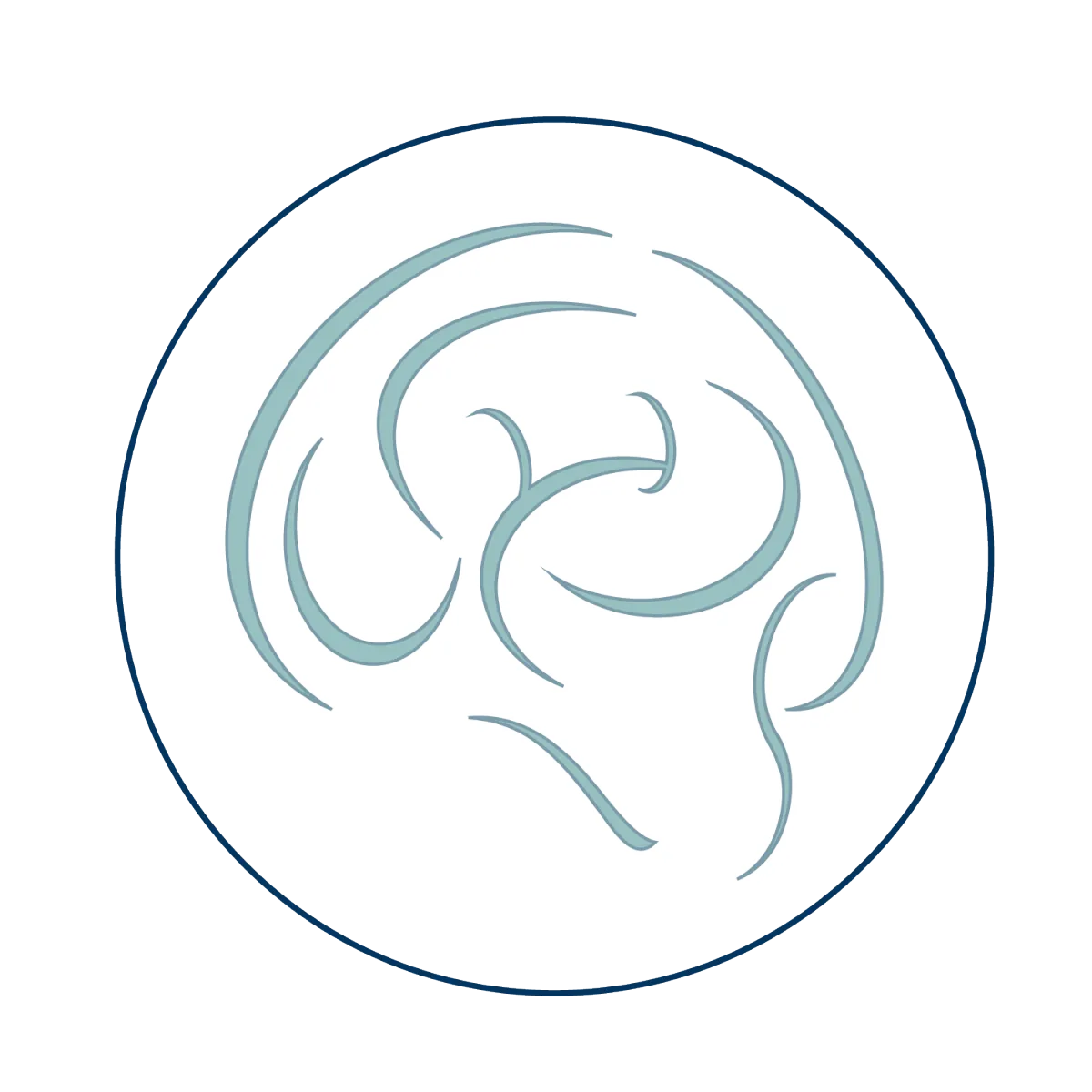Welcome to the Brain & Faith Blog
This is where neuroscience and Scripture meet to bring clarity, calm, and confidence into everyday life. From brain health tips and faith-based practices to practical support for parents of young athletes, you’ll find simple, actionable steps to strengthen your mind, nurture your spirit, and guide your family toward lasting peace and resilience.

When Your Heart Affects Your Mind: Understanding the Connection Between Cardiovascular Health and Cognitive Function
You've probably heard the saying, "What's good for your heart is good for your brain." As it turns out, this isn't just a catchy phrase. There's a profound, scientifically-backed connection between cardiovascular health and cognitive function. For women juggling multiple responsibilities and feeling mentally exhausted, understanding this relationship can open up new pathways to both physical and mental restoration.
How Your Heart and Brain Work Together
Your brain is one of the most vascularized organs in your body, requiring a steady supply of oxygen and nutrients delivered through a complex network of blood vessels. When cardiovascular disease disrupts this blood supply, it can create significant impairments to brain function, both immediately and over time.
This connection means that the same lifestyle choices that protect your heart also safeguard your cognitive abilities. For women worried about staying mentally sharp as they age, this offers hope and practical direction.
The Consequences of Poor Cardiovascular Health
When blood flow to your brain is compromised, several concerning effects can occur:
Increased Stroke Risk: Strokes can affect cognitive function, lead to brain damage, and potentially cause long-term disabilities.
Cerebrovascular Disease: Conditions like atherosclerosis can cause plaques to form within blood vessels, leading to cerebrovascular diseases including cerebral small vessel disease, which is linked to cognitive impairment and higher dementia risk.
Toxic Protein Accumulation: Reduced blood flow can trigger the accumulation of toxic proteins like beta-amyloid, which are associated with Alzheimer's disease.
The Role of Inflammation
Underlying the relationship between cardiovascular disease and cognitive function is chronic inflammation. This type of inflammation, often present in cardiovascular disease, can lead to vascular dysfunction and ultimately damage brain tissue.
Neuroinflammation (inflammation within the brain) is a factor in numerous neurodegenerative diseases and overall cognitive decline. For women dealing with chronic stress, which can contribute to inflammation, this connection is particularly important to understand.
Practical Steps for Heart and Brain Health
The encouraging news is that there are simple, everyday modifications you can implement to reduce your risks and support both cardiovascular and cognitive health:
Manage Existing Conditions: Work with healthcare providers to appropriately treat conditions like diabetes and hypertension.
Consider Anti-Inflammatory Support: For those experiencing inflammation-related issues, certain anti-inflammatory approaches may help preserve brain health.
Prioritize Heart-Healthy Lifestyle Changes:
Quality sleep (aim for 7-9 hours nightly)
Stress management through prayer, meditation, or other calming practices
Smoking cessation if applicable
Limited alcohol intake
Regular physical activity that you enjoy
A balanced, nutrient-rich diet
A Faith-Based Approach to Whole-Person Health
From a biblical perspective, caring for your cardiovascular health is part of stewarding the body God has given you. When you make choices that support your heart, you're also protecting the mind you need to serve your family and fulfill your calling.
This doesn't mean perfection or adding pressure to your already full life. It means making gentle, sustainable changes that honor both your physical and mental wellbeing.
Simple Starting Points
If this information feels overwhelming, start small:
Move More: Take short walks, dance in your kitchen, or play actively with your children.
Eat Brain-Healthy Foods: Include more omega-3 rich fish, colorful vegetables, and whole grains in your meals.
Manage Stress: Develop simple practices like deep breathing, gratitude journaling, or brief prayer times.
Prioritize Sleep: Create a calming bedtime routine that supports quality rest.
Stay Connected: Maintain relationships that bring joy and support to your life.
Remember, a healthy heart truly does contribute to a healthy brain. Small, consistent choices in caring for your cardiovascular health are investments in your cognitive future.
For more comprehensive strategies to support your brain health, explore the Cognitive Reboot guide. If you're ready for personalized support in creating heart and brain-healthy habits, consider a free clarity call.
Brain Health Matters, LLC
Helping busy minds find peace through faith and neuroscience.
© 2025 Brain Health Matters, LLC. All rights reserved.
Terms & Conditions

